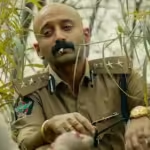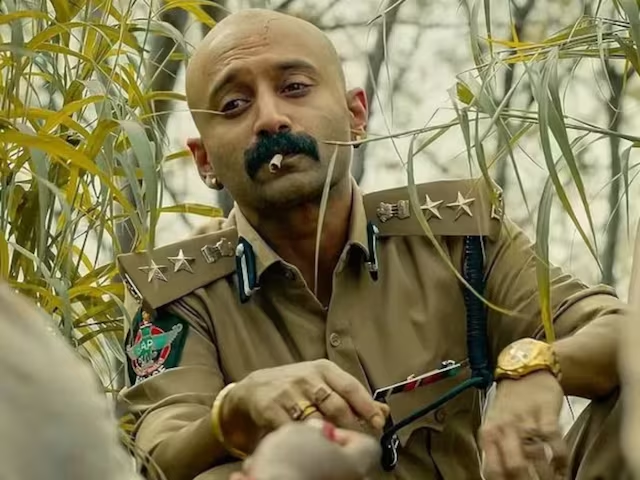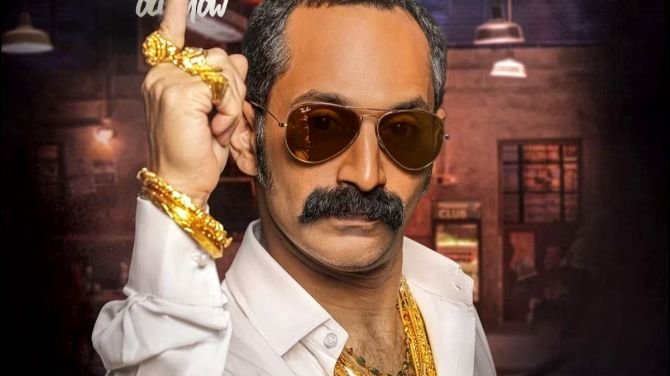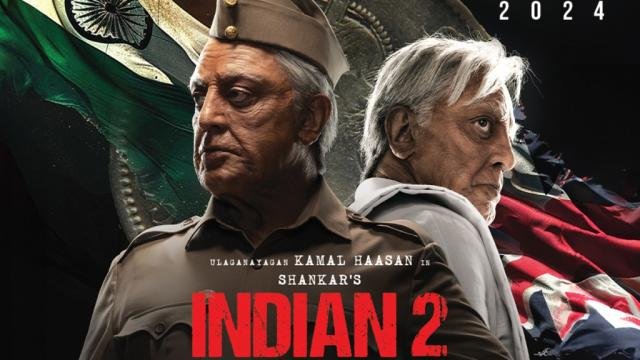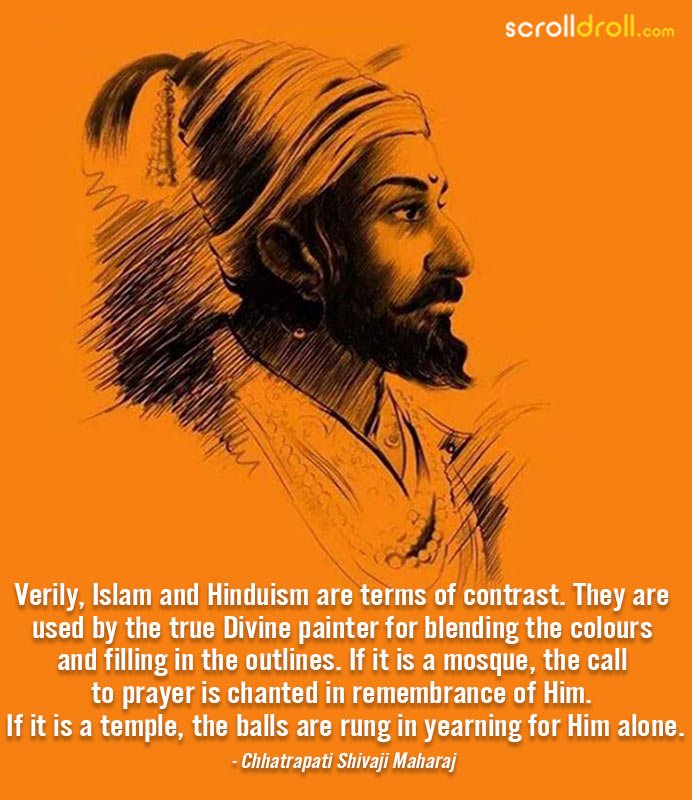Fahadh Faasil at 42: How an actor I once deemed hopeless won me over with a trio of 2013 films
fahadh faasil As far as I might be concerned, three films will hang out in Fahadh Faasil’s collection for changing me from somebody who once thought the youthful entertainer in Kai Ethum Dhoorathu was miserable into an enthusiastic fan.
I actually have distinctive recollections of calling a lot of my companions, in January 2013, inquiring as to whether they needed to watch another film together. In the wake of taking a look at the trailer, each turned me down, saying, “It seems to be a workmanship film.” Up to that point, I had never been to the film alone. For my purposes, films were to be capable altogether so one could examine and discuss their thoughts about the work with individuals right away. Shattered, I went to the neighborhood theater alone. It wasn’t the lead entertainers’ names that attracted me; yet that of the chief — pro cinematographer Rajeev Ravi, known for films like Chandni Bar, Cohorts, No Smoking, Dev D, Gulaal and the Groups of Wasseypur series. Furthermore, this was his introduction movie as a chief, named Annayum Rasoolum, featuring Fahadh Faasil and Andrea Jeremiah.
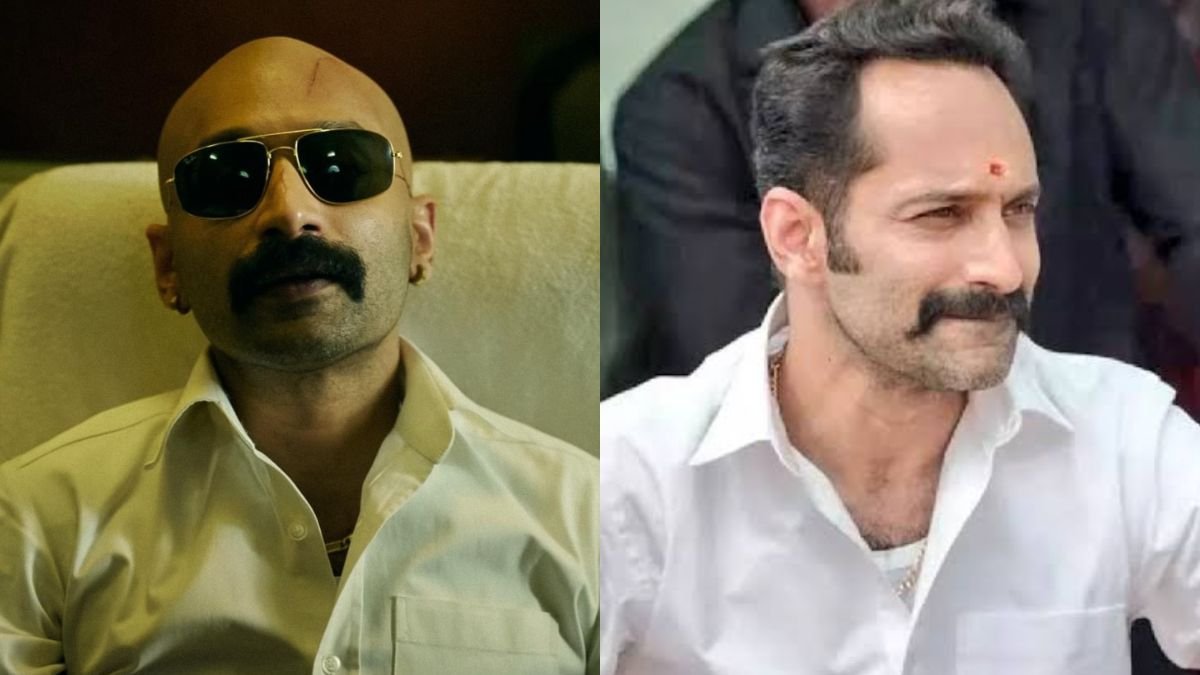
However Fahadh, who turns 42 today, had dazzled many, myself included, with his exhibitions in Chaappa Kurishu, 22 Female Kottayam and Jewel Neckband, he presently couldn’t seem to turn into ‘The Fahadh Faasil’ he is today, so there was a sad group in the theater. As I sat in obscurity among outsiders, absorbing the outwardly and narratively brilliant film, my eyes additionally followed the whiskery legend, who was nailing each shot faultlessly. His depiction of Rasool, a Muslim vacationer cabbie in Stronghold Kochi, was so bona fide and natural that it seemed like he was really experiencing the job as opposed to acting.
At the point when Rasool moves around, whether through the city or the little space where he and his more seasoned sibling reside, maybe Fahadh’s known these spots since youth and they know him. At the point when he recognizes his companion Collin (Soubin Shahir) out and about riding a bicycle, while he drives his taxi, Rasool’s face illuminates, despite the fact that they see each other consistently. Fahadh’s demeanor here is lovably honest as though he has accomplished an interesting accomplishment. Rasool tracks down joy in the basic delights of life — a sufficiently bright church is sufficient to carry a grin to his face. In contrast to Collin and Abu (Sparkle Tom Chacko), he isn’t valiant or shrewd and is effortlessly frightened when inconvenience emerges and likes to carry on with a tranquil, unnoticed life. In this way, assuming that you tell him to “make tracks,” he will, no inquiries posed.
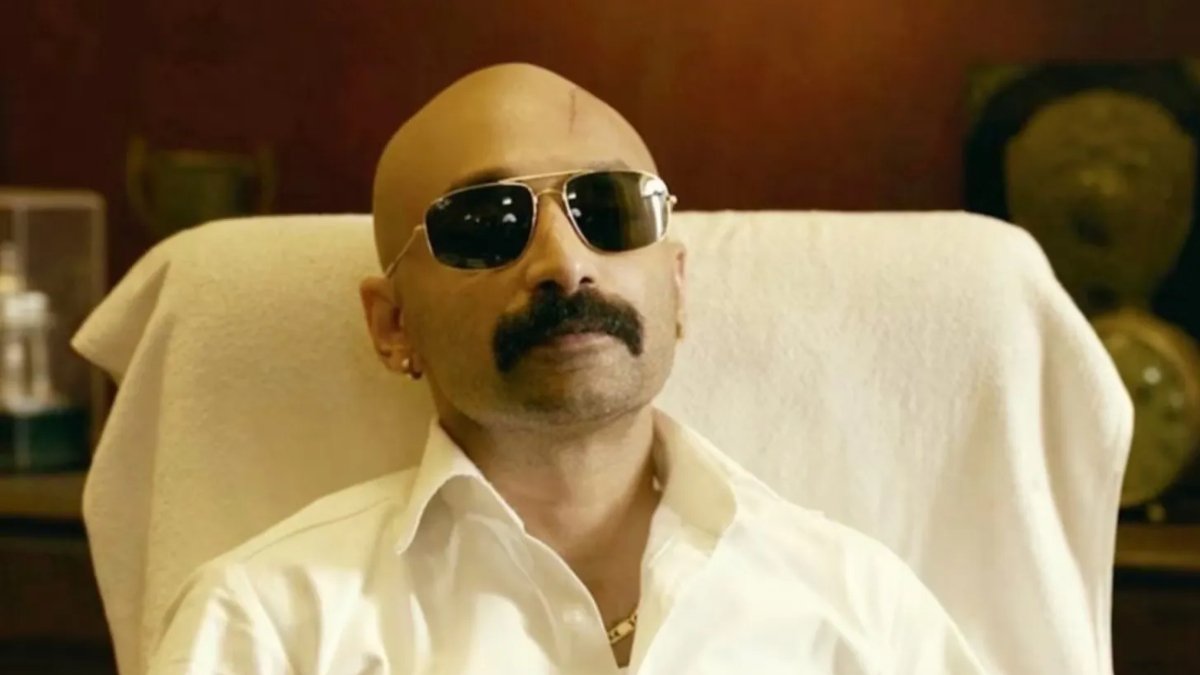
The differentiation in the manner Rasool takes a gander at Anna (Andrea Jeremiah), a Latin Christian salesgirl, during their first and second experiences featured Fahadh’s ability and development as an entertainer since his shoddy presentation in Kai Ethum Dhoorathu (2002). In the two cases, Rasool is making tracks in the wake of causing problems because of Collin and Abu’s activities. Whenever he first meets her, she’s going across a street and unintentionally steps before their quickly moving vehicle. However his speedy reflexes forestall a mishap, Rasool gives her a virus look from in the driver’s seat — so in contrast to him — most likely on the grounds that he assumed he was going to land in jail, notwithstanding being an assistant in a vehicle robbery, then for a street disaster. However, the second time he sees her, the candlelight bouncing off her face enlightens his beguiling eyes, which shimmer with love. A couple of scenes prior, his companion Ashley (Radiant Wayne), a shipper naval official, had told Rasool that Vypin has the prettiest ladies on the planet. Seeing Anna, hailing from Vypin, he also now has a similar assessment.
Rasool’s way of behaving towards Anna from that second ahead is reading material following. In spite of the fact that he never moves toward her, he gazes at her continually, as though examining her spirit. She before long starts to see him, however he couldn’t care less; he essentially keeps on gazing. Regardless of the affection in his eyes, it is irrefutably dreadful. The frighteningness tops when Rasool sees Anna drying garments in her patio as he is going out and their eyes lock for a couple of moments, peacefully, with next to no foundation score. Fahadh’s capacity to convey the pith and state of mind of a second with practically no sound highlighted how strong an entertainer he was.
Despite the fact that he looks tense until the second he purports his adoration, when the words begin to stream, Fahadh provides Rasool with a dash of certainty, featuring his affection for her. The manner in which Rasool embraces the fever that surpasses him after his admission, the unexpected he feels while getting a SMS from Anna interestingly, the manner in which he retains the quiet between them during their most memorable call, the aggravation he gets through when she says their relationship won’t work because of strict contrasts, the impression of her plush hair brushing his hands as the breeze blows on it while they’re on the transport, the assurance he shows while taking her to begin another life in spite of resistance from all quarters, the manner in which he catches her lips in a singing and hungry kiss and his breakdown after seeing Anna’s body eventually — Fahadh adds an additional layer of realness and unpretentious subtleties to Rasool’s responses in every one of these minutes. It was these moment subtleties that uncovered Fahadh’s virtuoso and his capacity to contact the spirit of the person. Leaving the theater, I was lost in Annayum Rasoolum’s reality and the man with eyes like stars in the night sky.
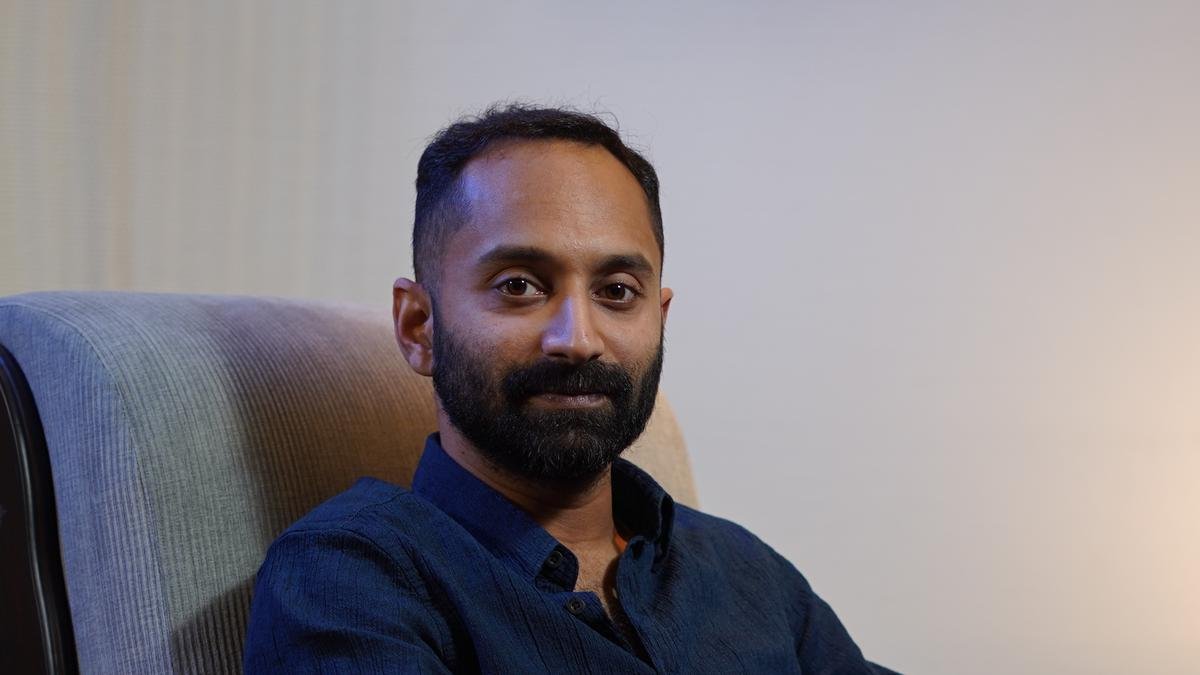
In Walk 2013, Fahadh Faasil showed up with an unpredictable movie: chief VK Prakash’s Natholi Oru Cheriya Meenalla (Anchovy Is definitely not a Little Fish). Here, he played two characters, obviously inverse to one another and to Rasool as well. While Preman, nicknamed Natholi (anchovy) by others, is a feeble overseer in an extravagance apartment building in Kochi, Narendran is a well off, taught character that Preman makes in the content he’s composition. Not at all like Preman, Narendran is well-to-do, modern and gifted with ladies. Preman utilizes this imaginary person to get payback on the people who menace him, in actuality, especially Prabha (Kamalinee Mukherjee), in a type of scholarly counter. As Preman’s impression of the real world and fiction obscures at the appropriate time, he starts to incorporate parts of Narendran’s personality. From visuals bringing out a vibe of enchanted authenticity to fourth-wall breakings, Natholi Oru Cheriya Meenalla was a surprising decision for a youthful entertainer attempting to become famous in an industry that had recently excused him.
Despite the film’s flaws, Fahadh’s performances as both Preman and Narendran were so convincing that they captivated me immediately. His skillful portrayal of both characters, each with distinct traits, quirks and backdrops, highlighted his prowess. The film also offered early insights into his comedic talent and his ability to handle complex, grey roles. The distinction between Preman’s and Narendran’s socio-economic backgrounds but the actor’s precise portrayals further demonstrated Fahadh’s versatility in delivering compelling and authentic performances across different personas
Under about fourteen days after the fact, Fahadh got back to the screen with a film that extended my profound respect for him. In spite of flaunting a ritzy cast including Mohanlal, Fahadh and Asif Ali, chief Salam Bappu’s secret spine chiller Red Wine didn’t cause disturbances, mostly because of the content that missed the mark regarding being firmly plotted or connecting with for a thrill ride. Yet again notwithstanding, in the event that saw as a sluggish burner, Red Wine is a convincing insightful show, wherein Fahadh got out of his usual range of familiarity of metropolitan, world class jobs found in films like Chaappa Kurishu, 22FK, Precious stone Neckband and (Narendran in) Natholi.
In the job of Anoop, a parttime theater entertainer and nearby board of trustees secretary of a Liberal party, Fahadh conveyed a beguiling execution. As the main point of contact in a town close to the backwoods of Wayanad locale, his depiction was strikingly true, reflecting the disposition of numerous such people we probably experienced, all things considered. Fahadh’s presentation as Anoop likewise exhibited his capacity to completely drench himself in his characters, introducing them as they are as opposed to forcing his own qualities on them. Dissimilar to the guiltlessness and love found in Rasool’s eyes, the disdain in Preman’s and the craftiness in Narendran’s, Anoop’s eyes conveyed a mix of brotherhood, empathy and the solidarity to lead like a genuine pioneer, highlighting that those circles had abilities past what had been shown up to this point.
